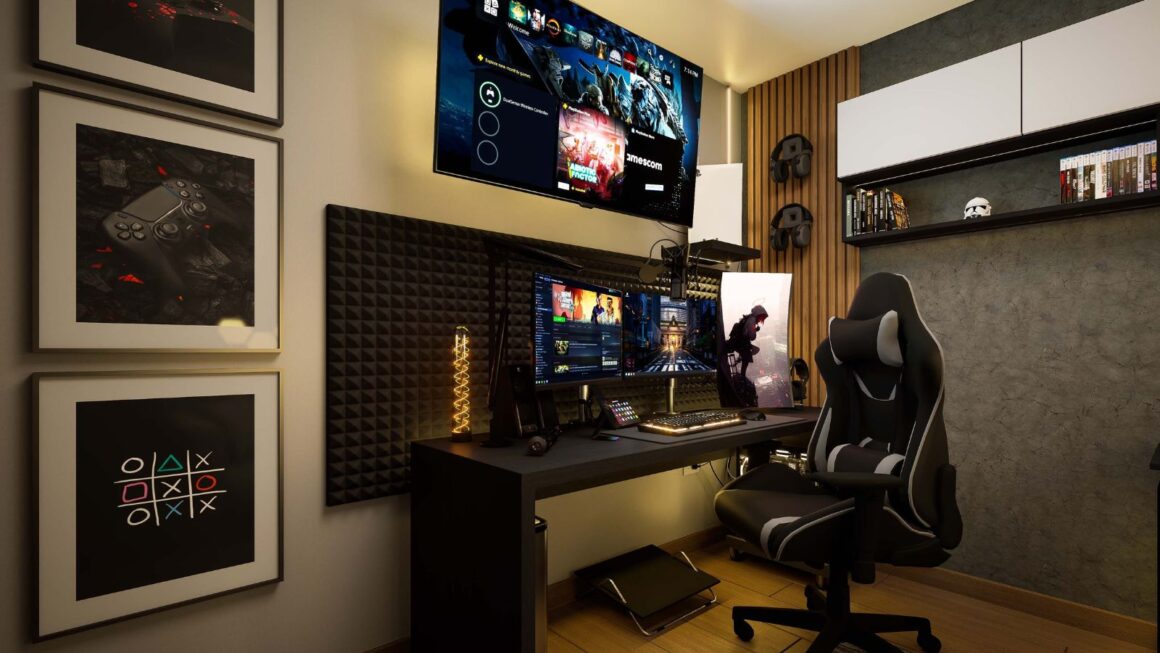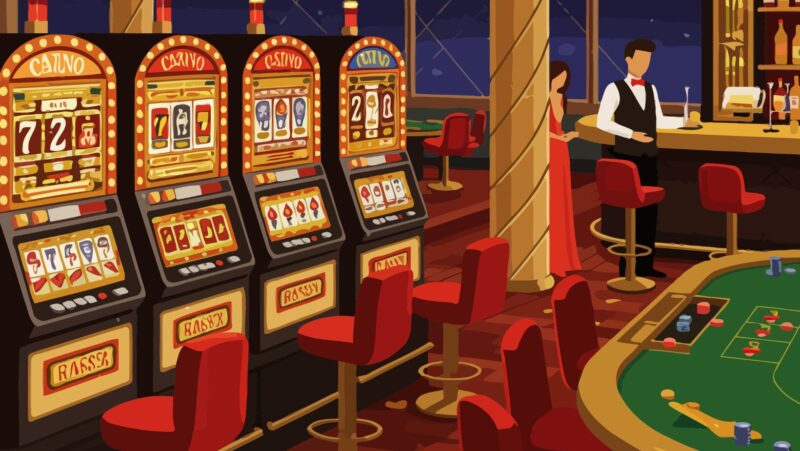
Long before digital lobbies and video chats, mahjong was already a social game–four players around a table, tiles clacking, stories shared between rounds. Today, that same magic has gone virtual. It doesn’t matter if you’re in Seoul, São Paulo, or San Francisco, you can still sit at a digital mahjong table with strangers who soon feel like friends.
What started as a pastime within tight-knit communities is now a global connector, bringing together players across time zones and cultures through online platforms.
Mahjong In The Cloud
Virtual mahjong platforms like the one you can find here have become unlikely hubs for cultural exchange. You can play any time, 24/7, so no need to worry about accessibility. Also, everything is powered by crypto, and you can log in, play, and cash in safety. In the game of classic 4-player style you’ll get a match instantly. While platforms were designed to simulate the experience of traditional mahjong like Cantonese, Japanese Riichi, or Taiwanese style, they’ve also evolved into much more than game simulators. They’re gathering places. Lobbies are filled with players from every continent, chatting in English, Japanese, Chinese, Portuguese, and more.

What’s fascinating is that language barriers don’t deter the sense of camaraderie. Some players learn basic terms in each other’s languages–like “tsumo” for self-drawing or “pon” for claiming a tile–through sheer repetition and curiosity. It’s not unusual to see conversations that begin with emoji or broken sentences grow into full-on exchanges, complete with cultural references, jokes, and game strategies. In this digital world, your screen name becomes your identity, and your seat at the table is a passport to an international community.
Diaspora Connections And The Power Of Play
For members of diasporic communities, virtual mahjong has become a lifeline. Many who grew up playing the game with grandparents or at family gatherings have rediscovered their heritage through digital tiles. A third-generation Chinese-American player might log in to a platform and find themselves seated with someone from Guangzhou or Taipei. The gameplay becomes a window into a cultural legacy that might have felt distant.
These online interactions sometimes spark deeper dives into culture. Players begin asking about the origins of certain tile names, or why scoring systems differ between regions. What starts with a shared love of the game often grows into a desire to reconnect with traditions and languages. For some, learning to play mahjong in its original language becomes a way to reclaim a lost connection or pass something meaningful on to their children.
Friendships Forged One Tile At A Time
Perhaps the most unexpected gift of online mahjong is the friendships it fosters. What begins as a random match often blossoms into regular game nights, inside jokes, and even offline meetups. Players begin to recognize each other’s avatars and usernames and will hop into the same lobbies just to catch up.
Some digital mahjong platforms even include built-in friend systems, allowing players to invite each other to custom rooms or private matches. Over time, groups form. These aren’t always competitive guilds. Many are just casual clusters of players who enjoy a chat between rounds or want to practice new strategies together. They talk about more than the game–movies, music, jobs, even heartbreaks. Mahjong becomes the setting, but the real story is the bond that forms when people show up consistently, game after game.
There are also stories of long-distance friendships that began in a Riichi match and led to real-world visits. One player from Brazil spoke of traveling to Japan to meet a group of online mahjong friends who welcomed him like family. Another mentioned how a weekly tournament on Discord helped them through a lonely stretch of the pandemic. In these stories, mahjong maybe started as a hobby, but now it’s a thread that connects people who might otherwise never have crossed paths.
The Quiet Revolution Of Digital Tradition
In a time where much of the online world is designed for speed and spectacle, the slow, thoughtful pace of mahjong offers something different–presence. Players stay for the game, yes, but also for the rhythm, the routine, and the relationships. There’s something comforting about logging in at the same time each week, knowing familiar faces will be there.
And while the game is rooted in tradition, its digital evolution has quietly rewritten the rules of community. Mahjong doesn’t care where you’re from or what language you speak. If you can draw tiles and read the board, you belong. That simplicity is what makes it so universal and so powerful.












